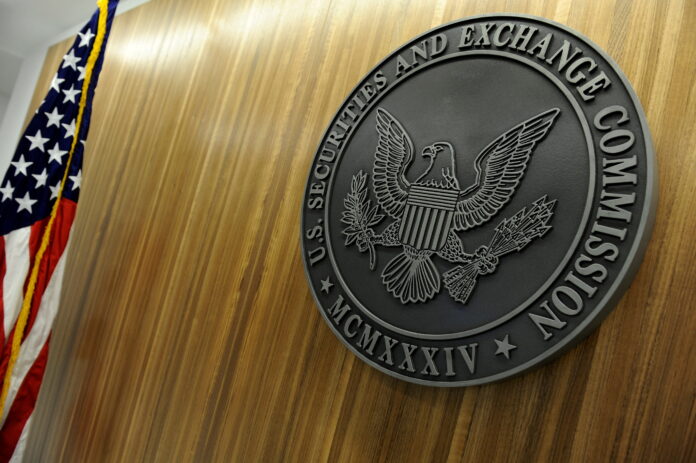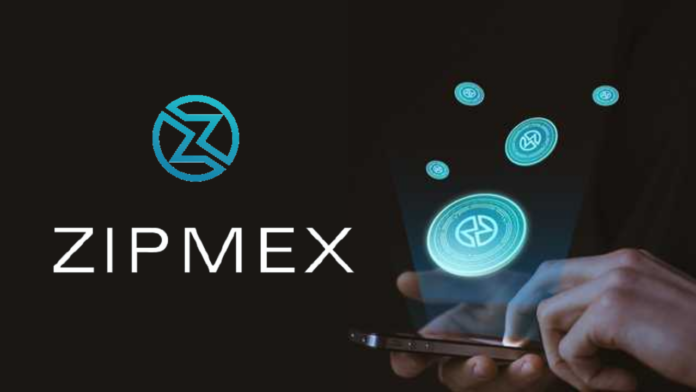Gary Gensler, the chairman of the Securities and Exchange Commission (SEC) in the United States, disclosed that he had asked SEC staff to improve compliance for crypto tokens and intermediaries. The vast majority of cryptocurrency tokens, he emphasized, are securities.
U.S. Senate Committee Chairman Gary Gensler The Securities and Exchange Commission (SEC) discussed crypto regulation and compliance on Thursday at the SEC Speaks conference hosted by the Practising Law Institute.
He noted that all securities markets, including securities and intermediaries in the cryptocurrency market, are subject to the fundamental rules of the SEC’s statutes and said the following:
Of the nearly 10,000 tokens in the crypto market, I believe the vast majority are securities. Offers and sales of these thousands of crypto security tokens are covered under the securities laws.
Gensler admitted that some crypto tokens may not meet the definition of a security. “These likely represent only a small number of tokens, even though they may represent a significant portion of the crypto market’s aggregate value,” he opined.
For example, he previously indicated that bitcoin, the largest cryptocurrency by market capitalization, is a commodity, and falls under the purview of the Commodity Futures Trading Commission (CFTC).
The SEC chairman described bitcoin during his speech Thursday:
Bitcoin, the first crypto token, is referred to by some as ‘digital gold’: trading like a precious metal, a speculative, scarce — yet digital — store of value.
Gensler pointed out that some people in the crypto industry have called for greater “guidance” with respect to crypto assets. He stressed that for the past five years, the Commission “has spoken with a pretty clear voice here: through the DAO Report, the Munchee Order, and dozens of Enforcement actions, all voted on by the Commission.”
Emphasizing the need for investor protection, the SEC boss said:
I’ve asked the SEC staff to work directly with entrepreneurs to get their tokens registered and regulated, where appropriate, as securities.
He acknowledged that given the nature of crypto investments, “it may be appropriate to be flexible in applying existing disclosure requirements,” even though “a handful of crypto security tokens have registered under the existing regime.”
Gensler provided the following information regarding crypto intermediaries: “I’ve asked staff to work with intermediaries to ensure they register each of their functions, including exchange, broker-dealer, custodial functions, and similar roles.”
“I look forward to working with crypto projects and intermediaries looking to comply with the laws,” he said in his conclusion. Additionally, I am eager to collaborate with Congress on a number of legislative initiatives while preserving our current broad powers.
Gensler revealed:
I’ve asked staff to consider using our regulatory toolkit to possibly fine-tune compliance for crypto security tokens and intermediaries.
On Friday, the SEC unveiled its plan to set up a dedicated office to review filings related to crypto assets.









